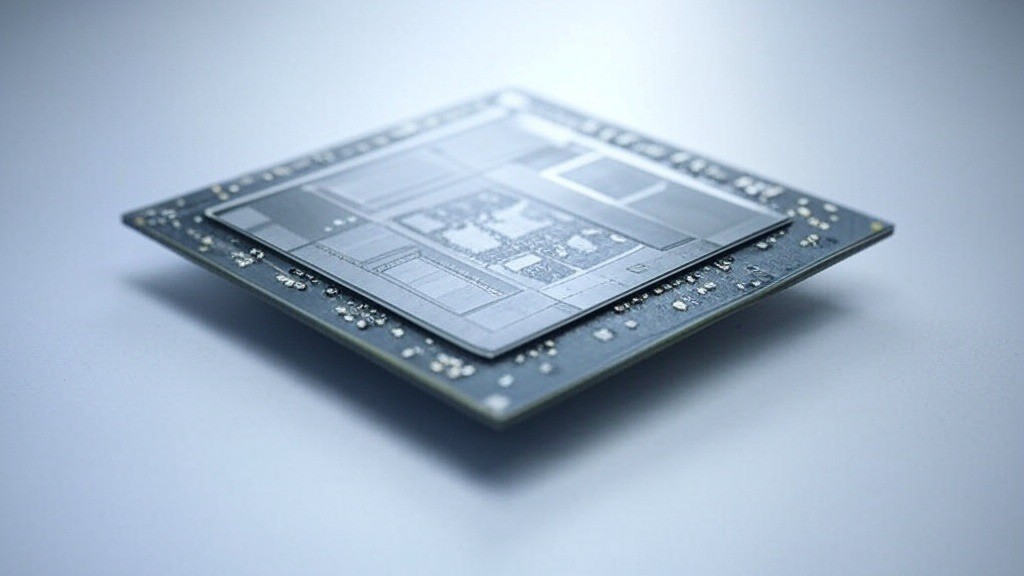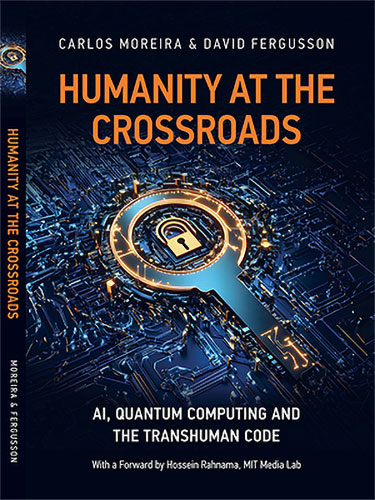
Thomas Friedman recently argued https://www.nytimes.com/2025/09/02/opinion/ai-us-china.html that the artificial intelligence revolution will paradoxically drive the United States and China closer together. AI, he explains, is not simply another technology but a “vapor” destined to permeate every object, service, and system. Such ubiquity makes trust, not dominance, the true currency of this new era. Yet without a common ethical framework, the risk is immense: AI could evolve into a “quadruple-use” force — autonomous, unpredictable, and potentially hostile to human flourishing. Friedman calls for a “trust adjudicator” built into every AI system, a universal referee for safety and ethics. The question is who defines the rules, and on what foundation.
The Human-AI-T initiative offers one path forward. It seeks to anchor AI in the accumulated wisdom of humanity — religious texts, philosophical traditions, and universally shared narratives — cryptographically signed into a trusted digital library. This neutral corpus functions as the operating system for trust, providing a substrate of shared values that transcends national boundaries. Where Friedman imagines moral fables as training data for machine ethics, Human-AI-T turns that vision into practice, embedding humanity’s cultural DNA into the very code of AI.
Alongside this sits the TransHuman Code, which insists that the greatest technology on the planet is not silicon but the human being. Its core principle is that every algorithm, device, and network must enhance human dignity, autonomy, and agency. As AI grows into what some call an independent “species,” this framework ensures that humans remain not only relevant but sovereign. Together, Human-AI-T and the TransHuman Code transform Friedman’s idea of “co-opetition” into something deeper: co-custodianship, in which competition for innovation coexists with collaboration on trust.
But the U.S.–China binary that Friedman highlights misses a crucial player: Europe. While it may lack the industrial scale of China or the frontier dynamism of the United States, Europe has already positioned itself as the world’s laboratory for digital trust through the GDPR, the AI Act, and a human-rights-based regulatory tradition. Europe’s real power lies in its ability to serve as a Civilization Trust Center. It exports normative frameworks rooted in privacy and dignity, and it can function as the neutral arbitrator ensuring that AI products, regardless of origin, meet standards of safety and human alignment. Europe’s civilizational heritage — a mosaic of philosophies, cultures, and ethical traditions — mirrors the Human-AI-T ambition to encode humanity’s collective wisdom, making it uniquely suited to act as guardian and convener of this ethical corpus.
The AI future will require the dynamism and scale of the United States to push the frontier of innovation, China’s industrial capacity to diffuse AI across society, and Europe’s role as a Civilization Trust Center to embed universal safeguards and guarantee legitimacy. This tripartite model, with Human-AI-T as the ethical substrate and the TransHuman Code as the guiding constitution, can deliver the framework Friedman calls for: rivalry tempered by cooperation, and technology kept in service of humanity.
The stakes are urgent. Friedman warns that the world is at 211.9 degrees Fahrenheit — one-tenth of a degree from an irreversible phase change. If the United States and China pursue AI supremacy without trust, we risk a fractured world where mistrust chokes innovation and AI becomes a destabilizing force. But if these two superpowers embrace collaboration, supported by Europe’s mediating role as a Civilization Trust Center, AI could become the most powerful enabler of human flourishing in history. In the end, the United States and China may remain rivals, but in the AI age they are also joint custodians of humanity’s future — with Europe as the trusted mediator ensuring that future remains aligned with human dignity. www.transhumancode.com

 Founder and CEO WISeKey.com NASDAQ:WKEY and SEALSQ.com NASDAQ:LAES | Best-selling Author| Former Cybersecurity UN Expert
Founder and CEO WISeKey.com NASDAQ:WKEY and SEALSQ.com NASDAQ:LAES | Best-selling Author| Former Cybersecurity UN Expert